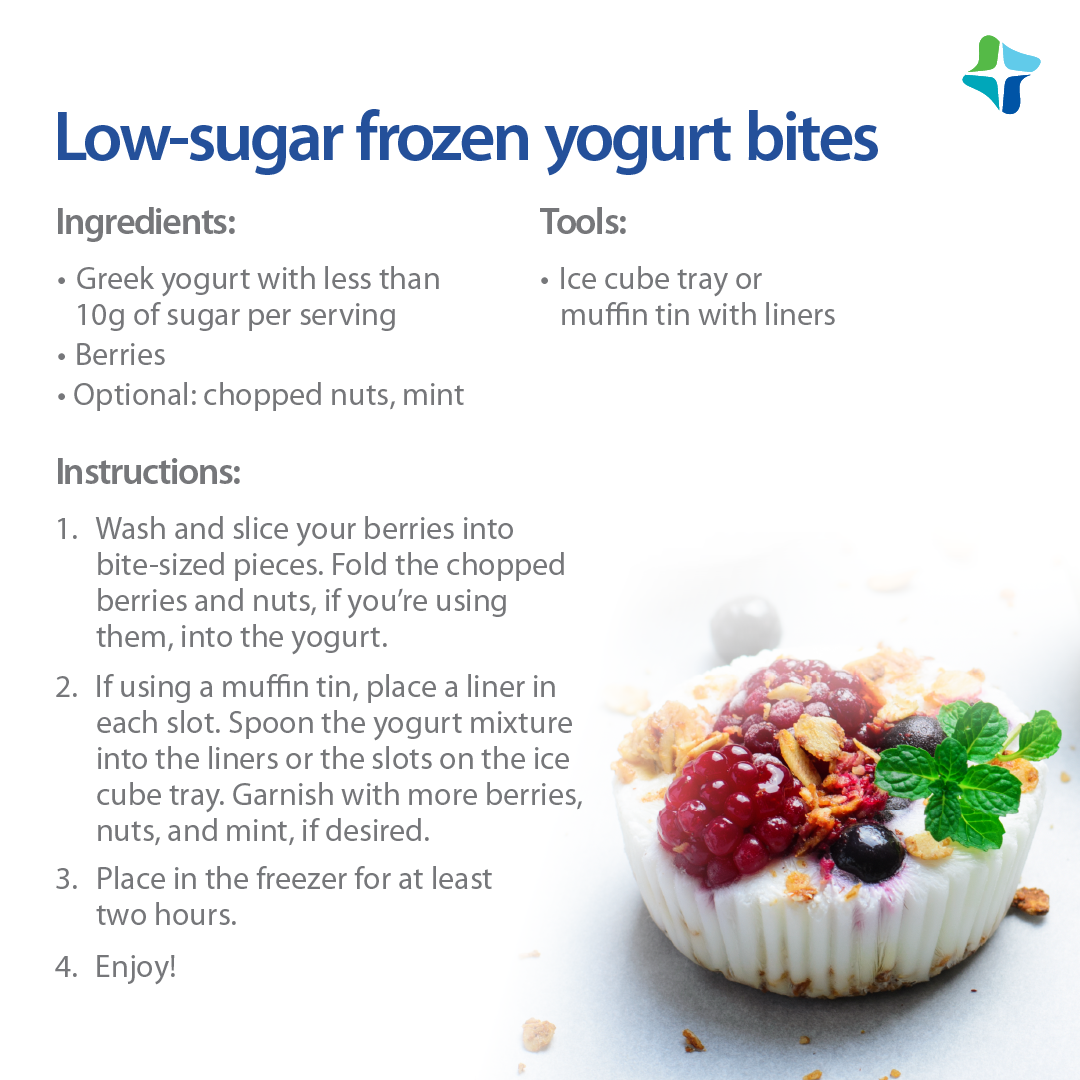If you have diabetes, you probably know to avoid overly sugary or carbohydrate-rich foods like sodas or white bread. But did you know some common grocery store staples, even some savory ones, have a lot of added sugar? These can include:
● Tomato products
● Salad dressings
● Non-dairy milks
● Canned fruits
Tomato products
A lot of common tomato products on grocery store shelves have a significant amount of sugar. Ketchup tends to have about 4 grams (or about one teaspoon) of sugar per tablespoon, and tomato soup and tomato sauce both have about 10 grams per serving. When shopping for these products, look for ones without added sugar in the nutrition panel or sweeteners in the ingredient list.
Salad dressings
While salad is typically a healthy meal, if you’re using store-bought dressings, you may be consuming your veggies with a bit of sugar. Italian salad dressings and vinaigrettes have about 3 grams of sugar per serving size, honey mustard dressings contain around 7 grams, and Catalina dressings have about 8 grams of sugar. People also tend to use more than the recommended serving size of two tablespoons, which increases the sugar content of the salad.
As an alternative, try making your own healthy salad dressing at home. You can use unsweetened Greek yogurt as a base for creamier dressings or mix some olive oil, apple cider vinegar, and fresh lemon juice together for a tangy treat.
Non-dairy milks
Milk and its non-dairy varieties are generally considered to be a healthy part of a balanced diet. However, many non-dairy milks contain a lot of sugar to improve their flavor. For example, a serving of soy milk has around 6 grams of sugar, a serving of low-fat oat milk has about 9 grams, and a serving of almond milk contains around 8 grams. When shopping for these, opt for the unsweetened version.
Canned fruit
Fruit is a part of a healthy diet, and opting for canned fruit can be a good option when the snack you’re craving is out of season. But you may be surprised to learn that some canned fruits contain a lot of added sugar. Packing fruits in syrup can add anywhere from 11-27 grams of sugar per serving. Since fruit already has natural sugar, opt for canned fruits with “unsweetened” or “no sugar added” on the label.
Tips for eating less sugar
When grocery shopping, it’s essential to check out the nutrition label on all the products you’re buying, even ones that don’t seem like they would contain added sugar. If you can’t find a brand without added sugar, you can also try to make it yourself at home. For example, if you can only find frozen yogurts with a minimum of 13 grams of sugar per serving, you can make this easy and delicious treat at home for yourself.
Treat yourself with this diabetes-friendly dessert recipe.
Low-sugar frozen yogurt bites
Ingredients:
- Greek yogurt with less than 10g of sugar per serving
- Berries
- Optional: chopped nuts
- Optional: mint
Tools:
- Ice cube tray or muffin tin with liners
Instructions:
- Wash and slice your berries into bite-sized pieces. Fold the chopped berries and nuts, if you’re using them, into the yogurt.
- If using a muffin tin, place a liner in each slot. Spoon the yogurt mixture into the liners or the slots on the ice cube tray. Garnish with more berries, nuts, and mint, if desired.
- Place in the freezer for at least two hours.
- Enjoy!
Save this recipe for later!





